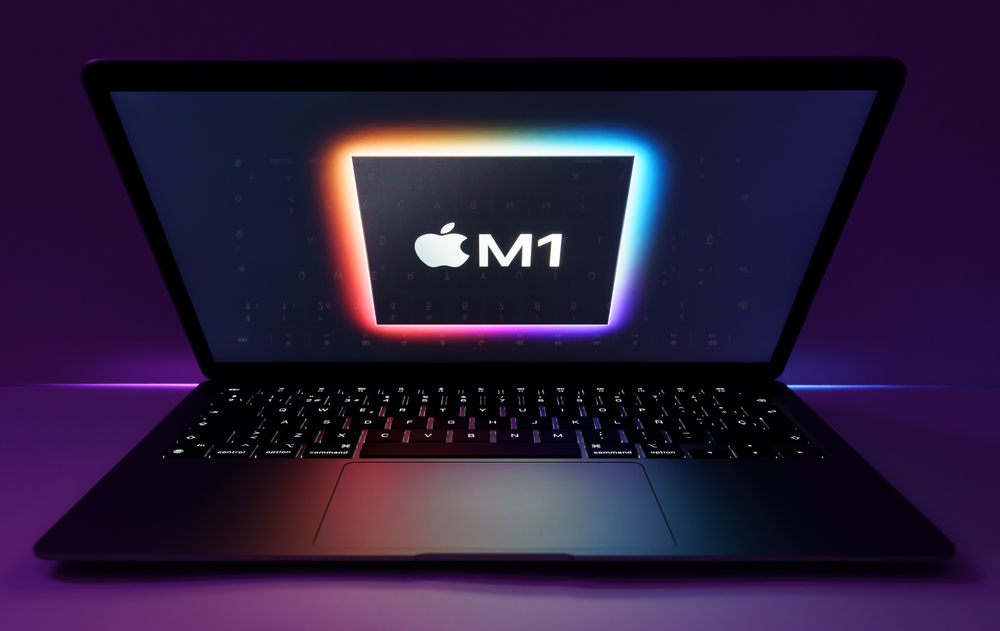Linux could make it to Apple silicon even sooner than expected. A pull request for the Linux 5.13 kernel submitted on Thursday and spotted by Phoronix looks to add “initial support” for the Mac Mini, MacBook Pro and MacBook Air models equipped with an M1 chip.
Developer Hector Martin submitted the pull request. He is one of two members of the Asahi Linux project devoted to porting Linux to Apple silicon (at time of writing; the project is open to contributions from other Linux developers).
Martin said the initial merge would include:
- UART (Samsung-style) with earlycon support
- Interrupts, including affinity and IPIs (Apple Interrupt Controller)
- SMP (through standard spin-table support)
- simplefb-based framebuffer
- Devicetree for the Mac Mini (should work for the others too at this stage)
He also said that Asahi Linux is “developing an initial bootloader, m1n1, to take care of as many hardware peculiarities as possible and present a standard Linux Arm64 boot protocol and device tree.” More details about m1n1 are available on GitHub.
This isn’t the first attempt to port Linux to the M1. Corellium announced in January that it got Ubuntu to run on the platform, but that was a proof of concept for a custom kernel, not an effort to bring Apple silicon support to the core Linux kernel.
Phoronix said the Linux 5.13 kernel is likely to debut some time around June. It also warned against expecting a stellar Linux experience on an M1 Mac even if this pull request is approved, though, because optimizing the graphics will take a while.
Still, progress is progress, and efforts to bring Linux to the M1 have also revealed more information about the chip’s system architecture. Now, it’s just a matter of hoping that Apple doesn’t muck up all that work when it releases the M1’s successor.
